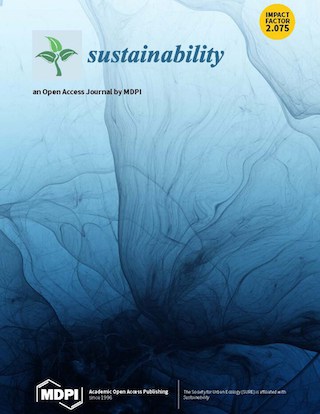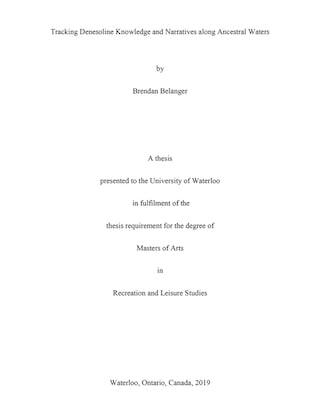The Mackenzie Basin
The Mackenzie River is the longest river system in Canada and the second-largest drainage basin in North America (after the Mississippi). The river is known by many names to local communities (e.g., Dehcho in Slavey, Nagwichoonjik in Gwich’in, and Kuukpak in Inuvialuktun) and has been key to the survival of Indigenous Peoples in the North for thousands of years. The Basin stretches across large parts of western Canada and is home to more than 300,000 people, 10% of whom are First Nations, Métis, and Inuvialuit (MRBB 2003; GNWT 2010). The subsistence fishery of the Mackenzie features numerous species including broad whitefish (Coregonus nasus) and loche (Lota lota).
Quick Facts
- Area: 1,805,200 km2 (that’s one-fifth of the entire area of Canada!).
- Human Population: As of 2001, there were approximately 400,000 people living in the Mackenzie River Basin. (10% First Nation, Metis, or Inuit).
- Jurisdictions: BC, Alberta, Saskatchewan, Yukon, and the Northwest Territories as well as Treaties 6, 8, and 10 and multiple First Nation Reserves and several Metis settlements.
- Ecology: Forests (boreal), wetlands, sparse vegetation, foothills, and some prairie. The Mackenzie River Basin has a large fish ecology as noted by the Elders in the area, notably by the Inuvialuit.
- Development:
- Primary development in the area is oil extraction and deforestation.
- Petroleum Development.
- Commercial Fish Harvesting.
- Water quality is a major issue affecting the health of the delta. A commonly cited indicator of water quality is muddy water or “too much dirt in the water.”
- Flooding is also noted from industry and changing climate.
Tracking Change
In the Mackenzie Basin, the Tracking Changes Project spans five provinces and Territories, funds 11 Indigenous organizations representing over 40 Indigenous communities and supports the investigation of water quality and quantity changes, wild fish, fish migrations, and impacts to fishing livelihoods across 5 major sub-watersheds.
The work in the Mackenzie River Basin is primarily coordinated by Dr. Brenda Parlee from the Department of Resource Economics and Environmental Sociology at the University of Alberta, Edmonton, Alberta, Canada (bparlee@ualberta.ca). A number of graduate students have been working through the basin and are profiled in more detail on the subwatershed pages.
The research in the Mackenzie River Basin is focused on community-led projects which are led by local community researchers, Elders, and land users. The communities and Indigenous organizations design and carry out their own local investigations to gather intimate Indigenous and local knowledge about water quality, fish and fish migrations, and the impacts of development. This information is disseminated through social networks that extend over space, including crossing provincial and territorial borders. These community projects are supported by graduate students and academic researchers who provide additional knowledge and expertise when requested or required by the community leads.
Related Publications & Media
GRRB-Gwich’in Renewable Resource Board (2001). Gwìndòo Nành’ Kak Geenjit Gwich’in Ginjik (More Gwich’in Words About the Land). Inuvik NT: Gwich’in Renewable Resource Board.
GSCI-Gwich’in Social and Cultural Institute (2001). Gwadàl’ Zheii – Belongings from the Land. Ottawa: Canadian Museum of History. www.historymuseums.ca.
Heine, M. Andre, A. and Kritsch, I.. (2007). Gwichya Gwich’in Googwandak: The History and Stories of the Gwichya Gwich’in As Told By The Elders of Tsiigehtshik. (2nd ed.) Inuvik: Gwich’in Social and Cultural Institute. (ISBN 978-1-896337-11-1) (p. 7).
Co-Investigators
Brenda Parlee
Dave Natcher
Sonia Wesche
Val Napoleon
Trevor Lantz
Jennifer Fresque-Baxter
Shalene Jobin
Henry Huntington
Bruno Wichmann
Mark Nuttall
Herman Michell
Arn Keeling
Graduate Students
Chelsea Martin
M.Sc. Graduate, Risk and Community Resilience
Christine Wray
Ph.D. Candidate, Environmental Sociology
Iria Heredia
M.A. Candidate, Geography
Mackenzie Mackay
M.Sc. Graduate, Risk and Community Resilience
Neil Spicer
M.Sc. Graduate, Community Risk and Resilience
Sydney Stenekes
M.Sc. Candidate, Risk and Community Resilience
Tracey Proverbs
M.A. Candidate, Environmental Studies

